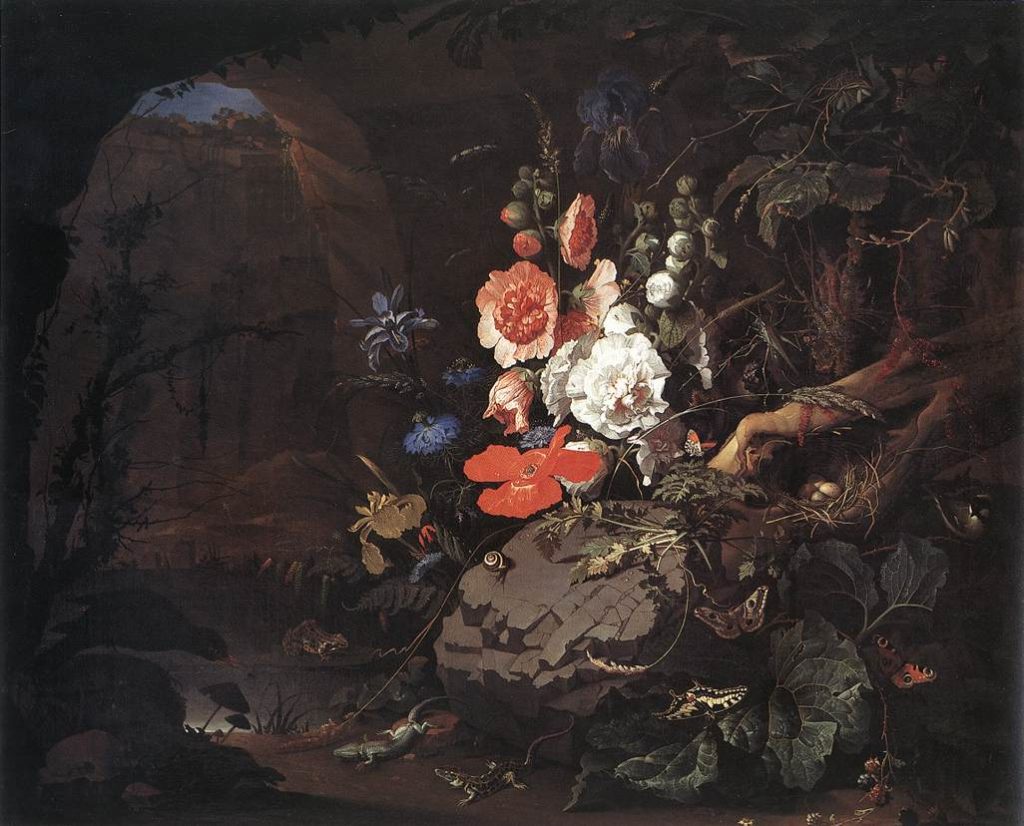We’re away until January 4, but we’re reposting some of our favorite pieces from 2020. Enjoy your holiday!
I like flowers all right, I suppose. I like having them around, I like how they smell. I like their delicate skins, their manner of shedding yellow everywhere in a fine powder. I try to stop on the street, when I can, to bend down and look directly into their faces. I have mild flower preferences, in a bodega-selection way: ranunculus over chrysanthemums, peonies over roses, lilies over hydrangeas. Having lived in New York City my entire adult life, bodega-flower choice has been more or less the extent of the relationship.
It’s possible that I no longer live in New York City, a fact that won’t be decided until next year sometime and which I only relay here because the place I currently inhabit has a lot of wildflowers and no bodegas. Inasmuch as flowers exist here, they exist because they come out of the ground randomly, with no rubric or intention or market. First there were lilacs (on bushes!) and then when the lilacs died the peonies bloomed, which began wilting just as the day lilies and trout lilies and tiger lilies sprang open like self-peeling bananas. That was right around when Dame’s Rocket, highlighter purple, was all over the fields and dominating the unmowed grasses along the side of the road. A gigantic mock orange bush exploded into blossoms and made everything smell like, naturally, orange blossoms. Then vervain, then Queen Anne’s Lace like weeds, wild lupines. Right now we are in red clover.
Trying to articulate what’s so stunning about watching flowers just appear and disappear makes me sound like an idiot. I was on a long walk with an older gentleman who’s been watching the seasons cycle in this part of the world for something like ninety years, and trying my best. “They just arrive!” I said. “And then they go!”
He seemed briefly at a loss for a response. “That’s true,” he said, encouragingly.
Helplessly, moronically, I am amazed by them. Their brevity, for one. Lilacs bloom for … maybe two weeks? Most of the year they just look like bushes, and then for the briefest moment they burst into the lushest Day-Glo purple, a jammy, fragrant, fecund burgeoning. Everything within a quarter mile smells like sweetness. And then after a few days the purple begins to look slightly blurry, slightly less explosive in its presence. And then you wake up one morning and the bush is just a bush again: green, leafy, pretty but unremarkable. This repeats itself again and again in waves, as every flower’s death is met by the profusion of some new species whose moment in the season has arrived. This all happens, uninterrupted and untended, wholly separate from human timelines and activity, relentlessly.
from The Paris Review https://ift.tt/3o504OX

Comments
Post a Comment